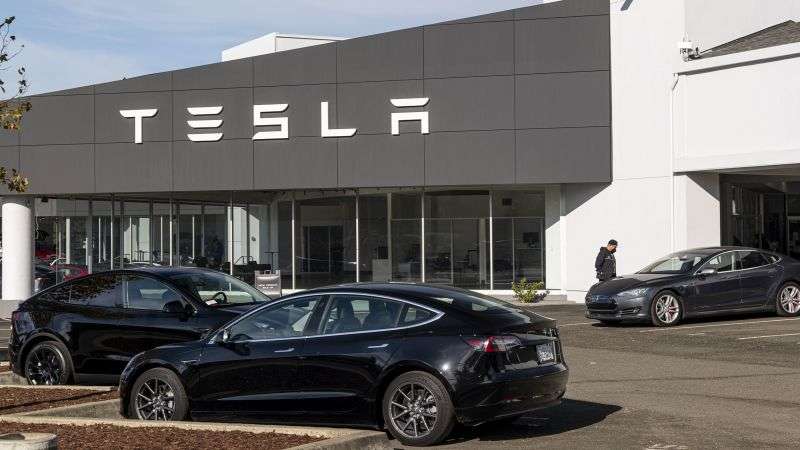In a strategic move to bolster its anticipated entry into the Indian electric vehicle (EV) market, Tesla India has leased a 24,000 square foot warehousing space in Mumbai’s Kurla area. The lease, signed at a monthly rent of ₹37 lakh, marks a significant development in the company’s efforts to establish a foothold in one of the world’s fastest-growing automobile markets.
According to property registration records and sources familiar with the deal, Tesla India has secured the warehouse in an industrial area of Kurla, a central suburb of Mumbai known for its connectivity and logistics infrastructure. The lease agreement, reportedly signed for a tenure of 36 months, includes a lock-in period and a standard rental escalation clause.
This development follows a series of signals from Tesla suggesting a serious interest in launching its operations in India. While the company has yet to officially commence sales or manufacturing in the country, the acquisition of warehousing space indicates potential preparatory moves towards setting up distribution or spare parts logistics.
The chosen location in Kurla offers Tesla logistical advantages due to its proximity to the Bandra-Kurla Complex (BKC), the Western Express Highway, and the Mumbai airport. Real estate analysts point out that the move aligns with Tesla’s global strategy of establishing support infrastructure—such as service centres and logistics hubs—prior to or alongside product launches.
The warehousing deal comes at a time when Tesla is also reportedly in talks with the Indian government regarding import duty relaxations and local manufacturing opportunities. Industry insiders speculate that Tesla is considering launching its popular models like the Model 3 and Model Y in India, possibly through a combination of imports and future local production.
Keyword-rich insights suggest the company is focusing on Tesla India operations, EV infrastructure, and Mumbai logistics space, which are emerging as high-traffic SEO terms amid rising public interest. The Indian EV market has seen exponential growth over the past few years, with increased government incentives, expanding charging networks, and heightened environmental awareness among urban consumers.
Tesla’s entry could catalyze further investments in India’s EV ecosystem, pushing domestic players to accelerate innovation and quality upgrades. Moreover, the warehousing lease reflects growing confidence among international brands in India’s infrastructural capabilities and market readiness.
Conclusion:
Tesla India’s leasing of a prime 24,000 sq ft warehouse in Mumbai’s Kurla for ₹37 lakh per month is a strategic precursor to what could be the company’s full-scale launch in India. While an official announcement on vehicle sales or manufacturing is still awaited, this move signals serious intent from the EV giant. As Tesla continues to evaluate India’s market dynamics, the warehousing deal marks a key step in laying the logistical groundwork for its future operations, potentially reshaping the Indian EV landscape.


